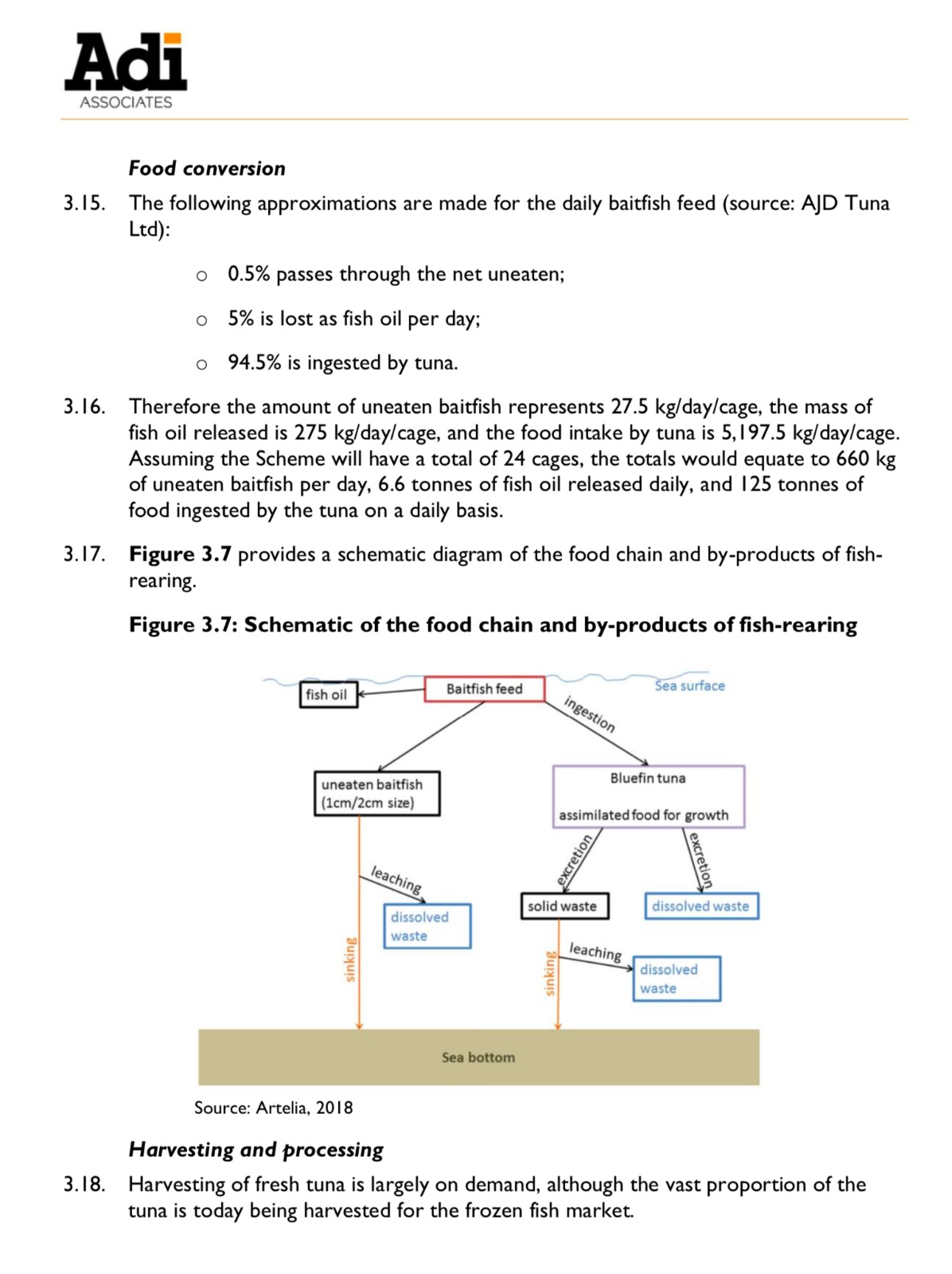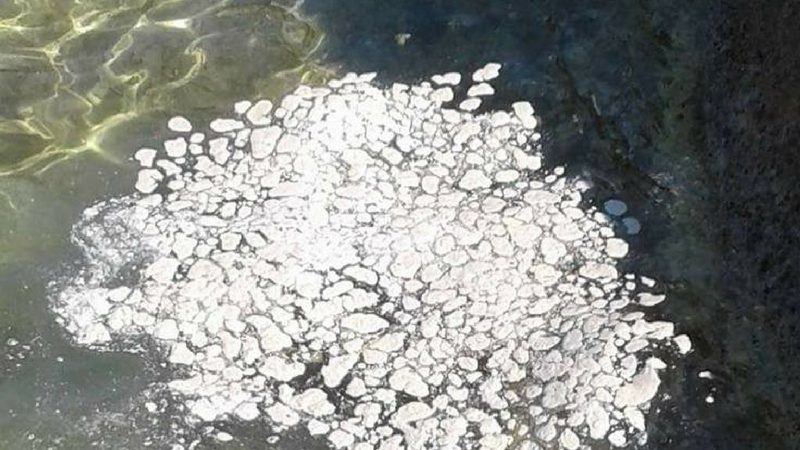The fish farming industry was still polluting the environment with around 660 kgs daily of uneaten baitfish ending up in the sea, NGO Stop The Slime said citing an assessment by environmental consultants. .
“Slime hitting our shores only occurs when sea and wind conditions are exactly right to push enough of the oil slicks in our direction. Just because this only happens now and again does not mean that the environment is not being saturated with the polluting effects of this industry,” NGO spokesperson Nicholai Abela told The Shift News.
The NGO has lashed out after photos started appearing on social media earlier this month, showing thick, white foam, commonly known as sea slime, polluting swimming bays.
This foamy substance is actually oily residue from fish feed and originated from the fish farms, according to Environment Minister Jose Herrera.
In an attempt to reduce the mess, the Federation of Maltese Aquaculture Producers said the fish farm operators installed booms in every cage, which will collect the majority of the residue at source – a promise that was made year after year, although it has not solved the problem.
The Federation also said a skimmer-equipped boat is being assigned to each cage in a series of mitigation measures that will be followed by the fish farm operators.
Yet activists pointed out that according to the latest environment impact report commissioned by the tuna operators, 660kg of uneaten baitfish, 6.6 tonnes of fish oil will be released into the sea outside St Paul’s Bay on a daily basis – less than five kilometres from where people swim.

Information from the EIA report shows the feed cycle of fish farms
Around 125 tonnes of food will be eaten by the tuna on a daily basis. “Most of this will later be excreted into our sea. It is like we have a tanker that daily spills oil and a sewage outflow, all contaminating our sea, some of which turns into slime when the wind and currents are onshore,” he said.
A similar incident happened in 2016, which led to the eventual suspension of permits for tuna farms as these were identified as the culprits. These were then given new permits and were shifted to designated zones.
“As you can see, slime is just a small part of the problem. Just because there is no slime, does not mean there is no pollution or damage to our environment,” Abela said.












